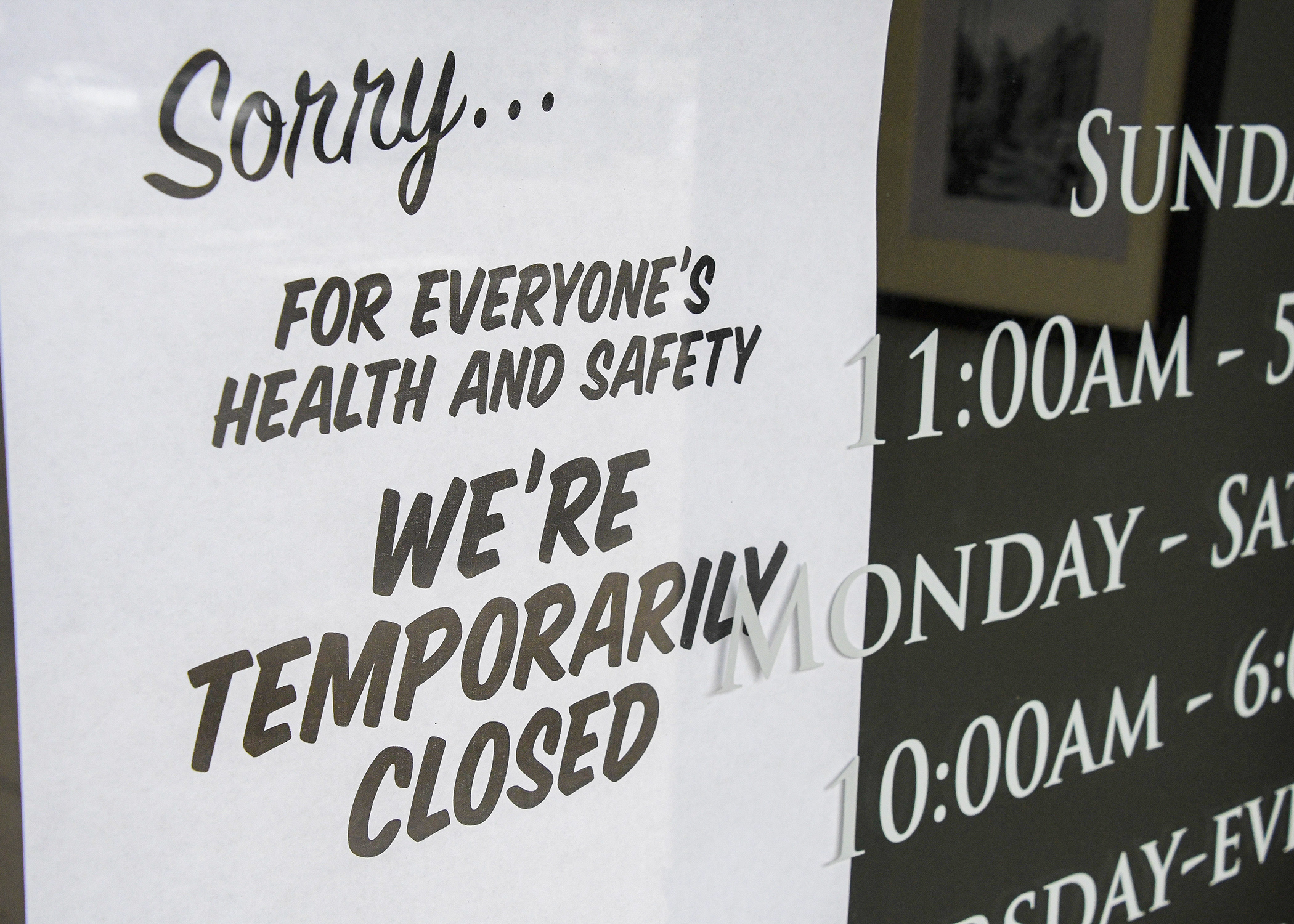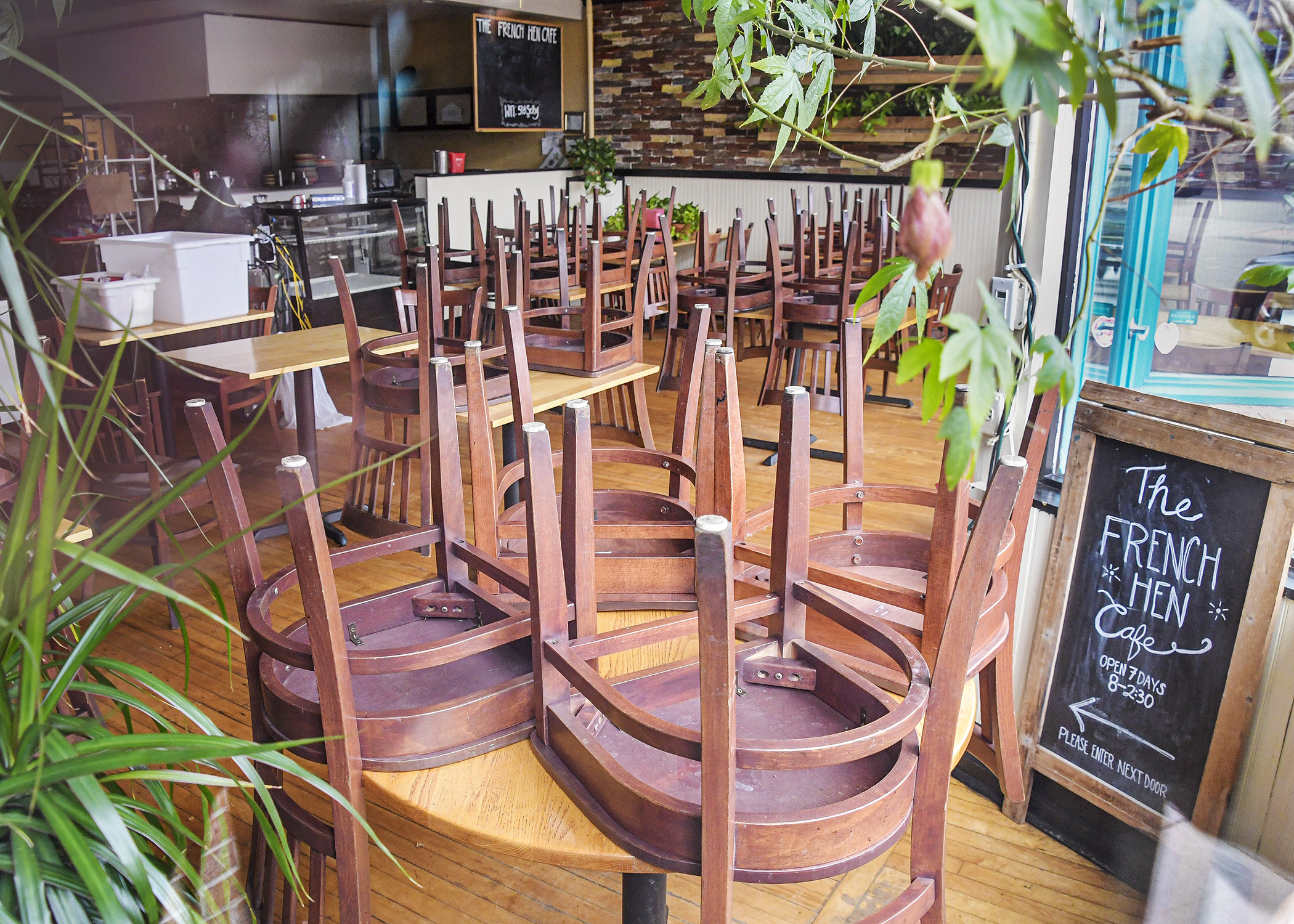Bill would give bars and restaurants more leeway on taxes

When a COVID-19-related executive order from Gov. Tim Walz forced Minnesota’s bars and restaurants to cease serving within their establishments — as of the evening of St. Patrick’s Day — the taps ran dry on the chief revenue source for many of those businesses. But that didn’t mean that taxes wouldn’t still come due.
Typically, if a bar or restaurant is delinquent on its state taxes by 10 days or more, it gets “posted” by the Department of Revenue. That means liquor manufacturers or wholesalers are prohibited from selling or delivering to the business until it makes good on its tax payment.
But those taxes are causing a lot of financial strain for currently shuttered bars and restaurants. To help, the House Taxes Committee unanimously approved HF2693 Wednesday.
Sponsored by the committee’s chair, Rep. Paul Marquart (DFL-Dilworth), the bill, as amended, would allow the Revenue Department broader discretion in posting businesses closed because of the executive order.
 The French Hen Cafe in St. Paul's Cathedral Hill neighborhood sits empty Wednesday. A House panel approved a bill intended to give leeway to bars and restaurants impacted by Gov. Walz's executive order. Photo by Andrew VonBank
The French Hen Cafe in St. Paul's Cathedral Hill neighborhood sits empty Wednesday. A House panel approved a bill intended to give leeway to bars and restaurants impacted by Gov. Walz's executive order. Photo by Andrew VonBankThe bill currently has no Senate companion, although one is expected to be offered.
Under the bill, the department wouldn’t be required to post for any delinquent taxes incurred after Jan. 31, 2020, such discretion continuing through four months after the executive order expires. On Wednesday afternoon, Gov. Walz extended the expiration date to May 4, but all such deadlines are subject to change as the pandemic crisis continues to unfold.
While the change would chiefly affect bars and restaurants, it applies to any business with an on-sale license to serve beer, wine or spirits, including theaters, sports venues, amusement parks or any other businesses that are public gathering places closed because of social distancing restrictions.
Testifying in favor of the bill was Jennifer Schoenzeit, owner of Minneapolis’ Zipps Liquors and president of the Minnesota Licensed Beverage Association.
“Over 330,000 Minnesota jobs are in the retail, food service, hospitality and recreational sectors,” she said. “That’s about 13% of the state's jobs. Most of the businesses in this sector are relatively small, independent family-owned businesses without substantial cash reserves.
“Through no fault of their own, on-premise retailers have been required to close by governmental action and, furthermore, have been required to provide sick pay and unemployment compensation benefits to their employees. It’s estimated that anywhere from 25% to 40% of these businesses will fail.
“This is one small but important step the Legislature can take to help bars and restaurants get back to business.”
Committee members’ questions related to whether the Revenue Department’s discretion should be jettisoned in favor of a complete suspension of posting, and how many businesses are currently posted.
Joanna Bayers, the department’s legislative director, said 160 businesses were posted before the executive order, based upon debt from November and December, but there have been no new postings since, adding that 35 other businesses could potentially be posted because of delinquent taxes.
Related Articles
Search Session Daily
Advanced Search OptionsPriority Dailies
Ways and Means Committee OKs proposed $512 million supplemental budget on party-line vote
By Mike Cook Meeting more needs or fiscal irresponsibility is one way to sum up the differences among the two parties on a supplemental spending package a year after a $72 billion state budg...
Meeting more needs or fiscal irresponsibility is one way to sum up the differences among the two parties on a supplemental spending package a year after a $72 billion state budg...
Minnesota’s projected budget surplus balloons to $3.7 billion, but fiscal pressure still looms
By Rob Hubbard Just as Minnesota has experienced a warmer winter than usual, so has the state’s budget outlook warmed over the past few months.
On Thursday, Minnesota Management and Budget...
Just as Minnesota has experienced a warmer winter than usual, so has the state’s budget outlook warmed over the past few months.
On Thursday, Minnesota Management and Budget...